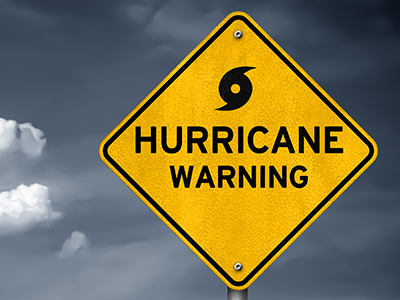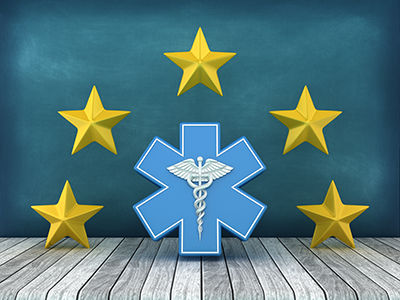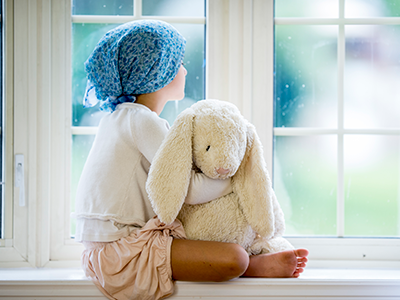Living in a world where there are a number of ongoing conflicts, terror and acts of violence close to home, it seems that children are exposed to an increasing number of intense events. With endless news coverage, it is becoming harder to protect children from these realities. Some children may experience anxiety or behavioral problems as a result. It is important for parents to understand how to help kids cope with a traumatic event, whether they are directly affected by violence and terror, or indirectly affected through media exposure or through friends and family who experience violent events.
Children who are particularly vulnerable to difficulties following exposure to violence are those who were stressed or anxious prior to the event, or who have already experienced trauma. However, any child may have a stress reaction that impacts their routine or lasts longer than a few days. Parents, teachers, coaches and guardians are the most important line of defense against childhood anxiety and stress.
Following a traumatic event, pay close attention to signs such as these:
- Any changes in mood or behavior
- Increased need for reassurance or comfort
- Social withdrawal
- Depression or sadness
- Immature behavior such as tantrums or acting out
- Insomnia and difficulty sleeping or staying asleep
- Shortened attention span and difficulty concentrating
- Refusal to attend school , large events, or visit place where violent event occurred
Occasionally, children may appear to be fine for a period of time, but exhibit changes in behavior a number of months after the event. Also, if a child’s anxiety and stress symptoms persist beyond several weeks; this may be a sign that they need additional help from a mental health professional.
How to help your kids cope
The most important thing that parents, guardians, coaches and teachers can do for children is provide a safe space for them to express their feelings. This will be different for very young children who might express their feelings by becoming fussy or angry, clinging to you or regressing through play. Adolescents may also demonstrate some of those behaviors, but may also withdraw or want to talk with family or peers about their experiences.
Try not to force your child to talk about something they do not wish to discuss. When they are ready to talk, acknowledge their feelings with empathy, and be careful not to discount their feelings with negative statements. Be truthful and honest with your children about the realities of violence, but also reassure and remind them that they are safe and protected. For example, don’t tell them an event will never happen again, but reassure them that you will do everything you can to help keep them safe.
After a traumatic event, monitor your child’s mood and behavior. A number of resources can be found online including guides and activities parents can do with children following exposure to violence, terror or natural disasters. If you are still concerned, seek help from a mental health professional and talk to your child’s pediatrician.
Additional resources
 https://riseandshine.childrensnational.org/wp-content/uploads/2025/05/child-having-tantrum-feature.jpg
300
400
webteam
https://riseandshine.childrensnational.org/wp-content/uploads/2017/11/childrens_riseandshine_logo.jpg
webteam2025-05-07 15:54:412025-05-07 16:19:29Helping autistic children manage big feelings
https://riseandshine.childrensnational.org/wp-content/uploads/2025/05/child-having-tantrum-feature.jpg
300
400
webteam
https://riseandshine.childrensnational.org/wp-content/uploads/2017/11/childrens_riseandshine_logo.jpg
webteam2025-05-07 15:54:412025-05-07 16:19:29Helping autistic children manage big feelings





















Leave a Comment
Want to join the discussion?Feel free to contribute!